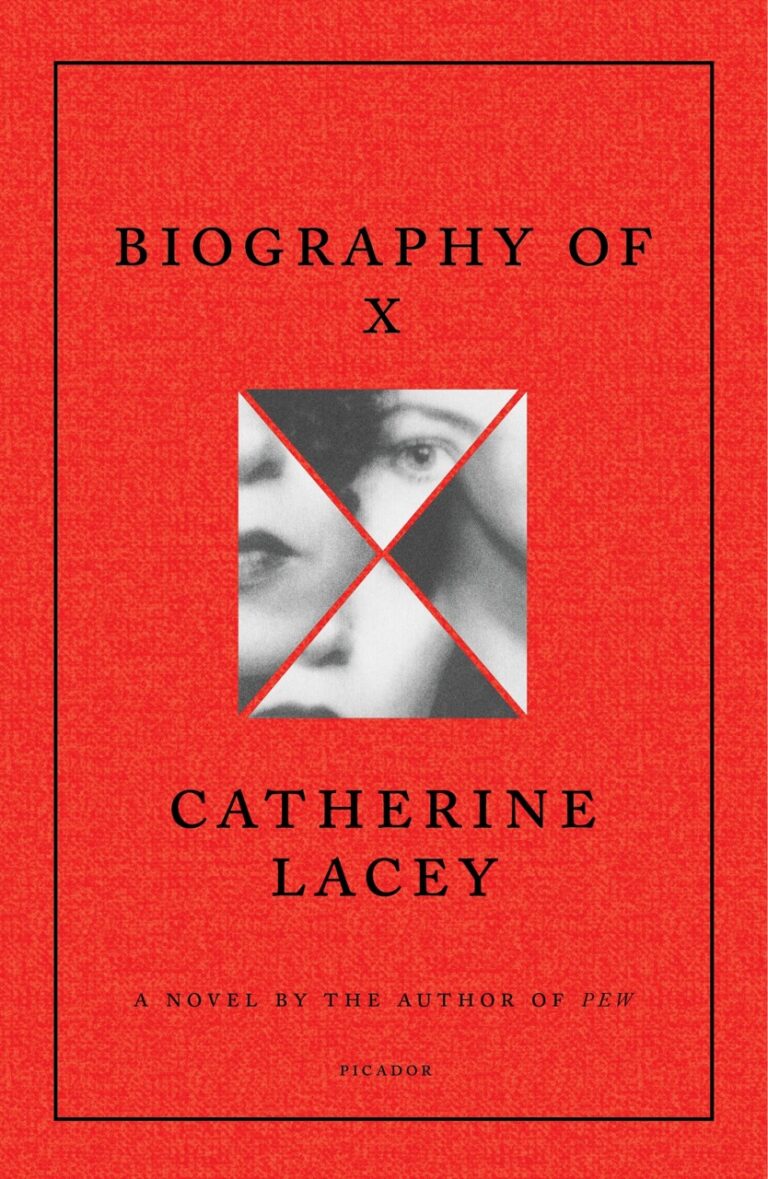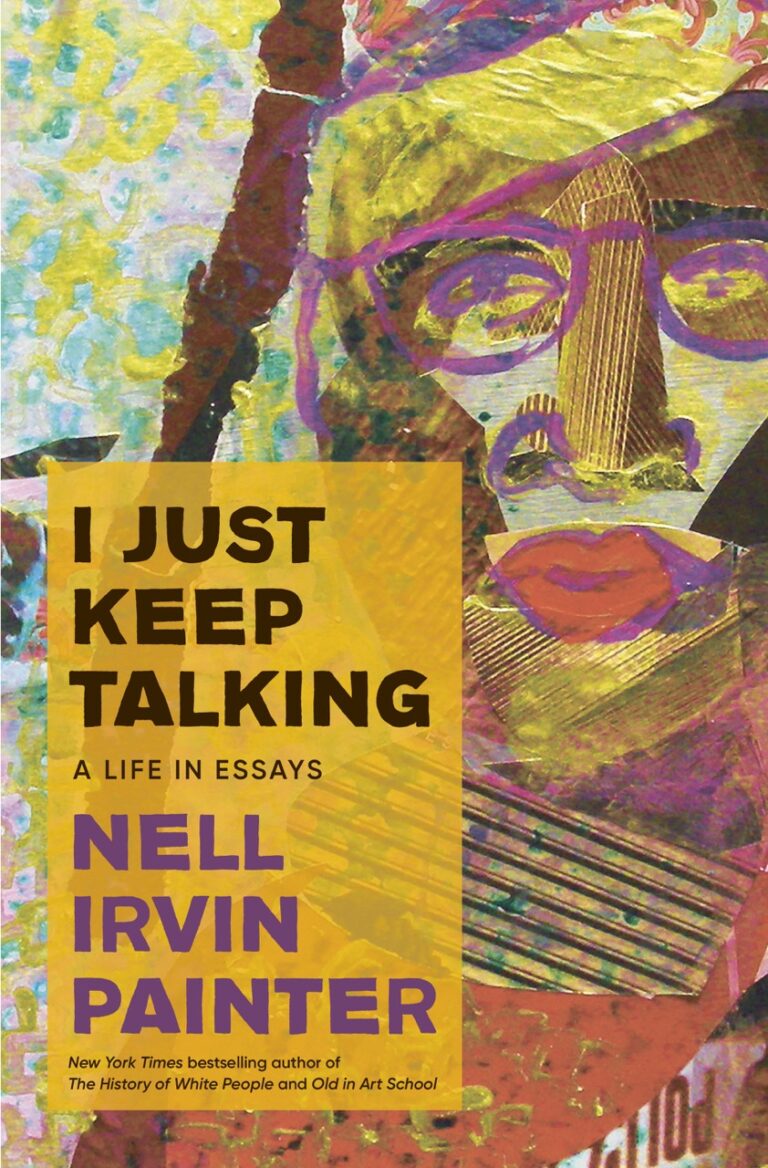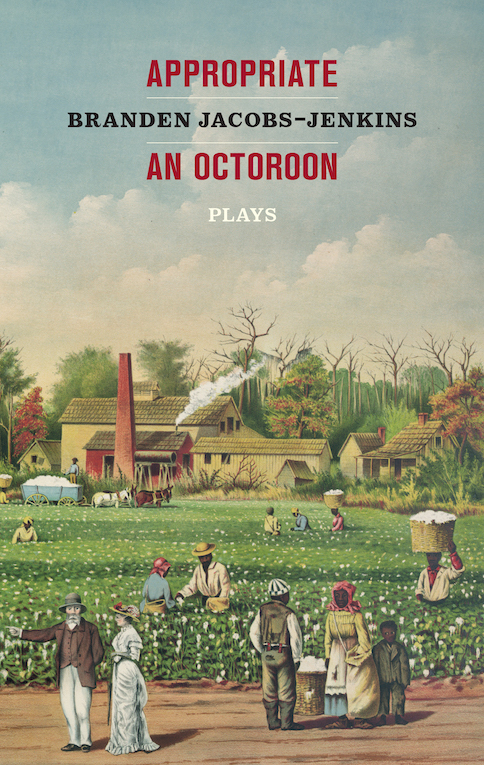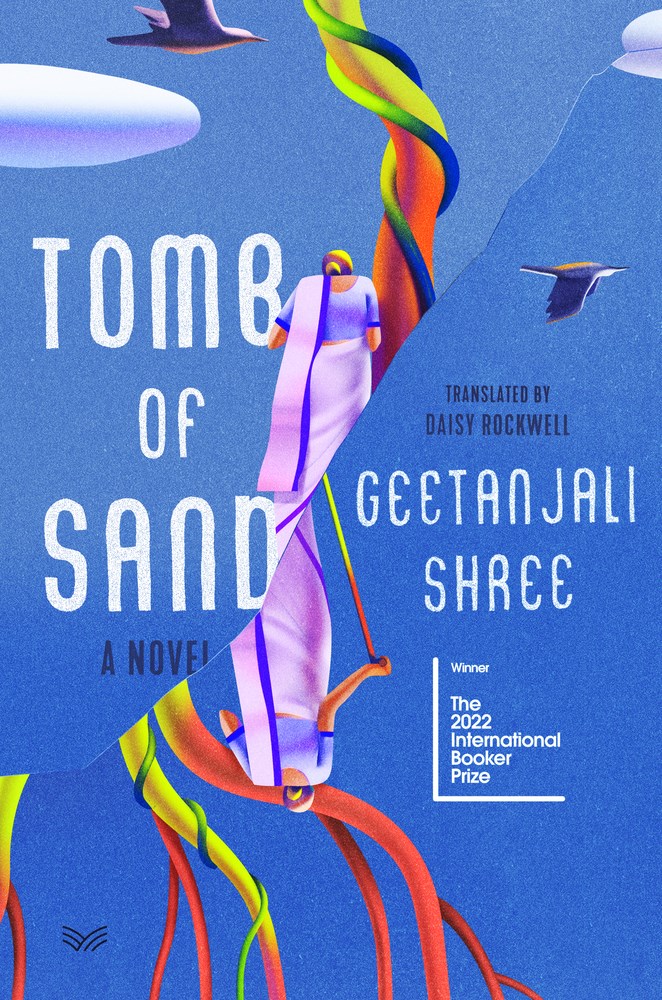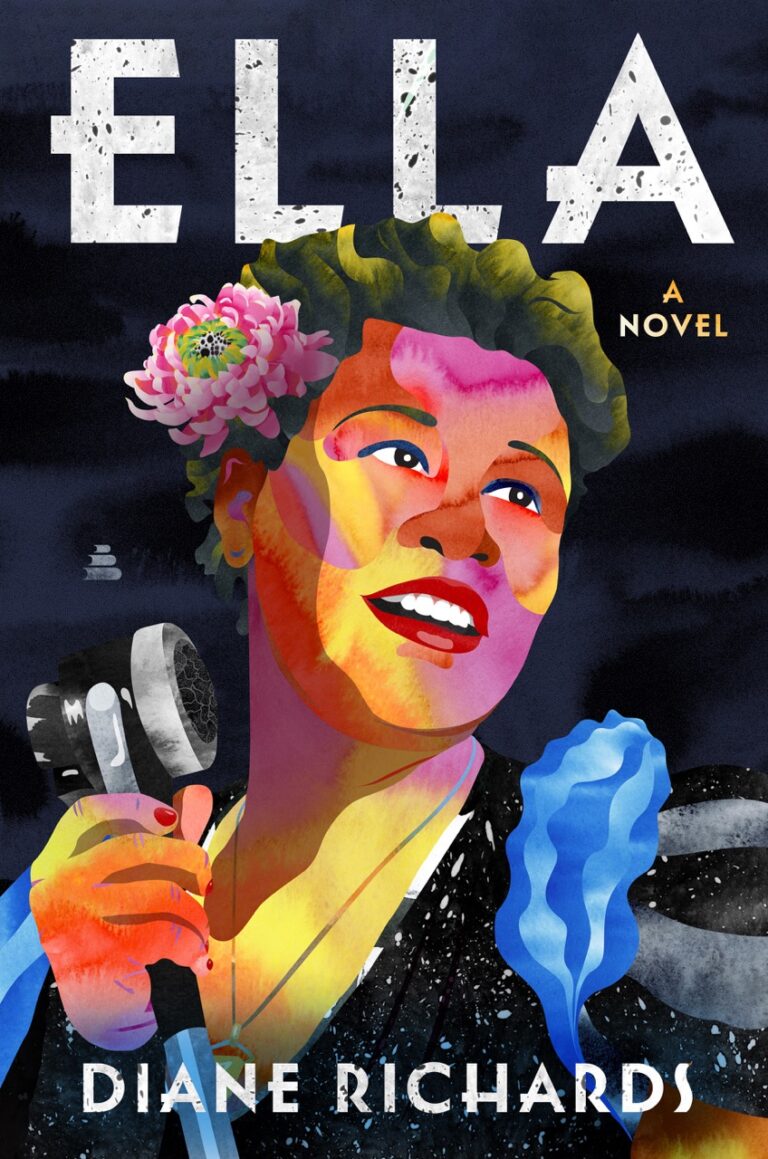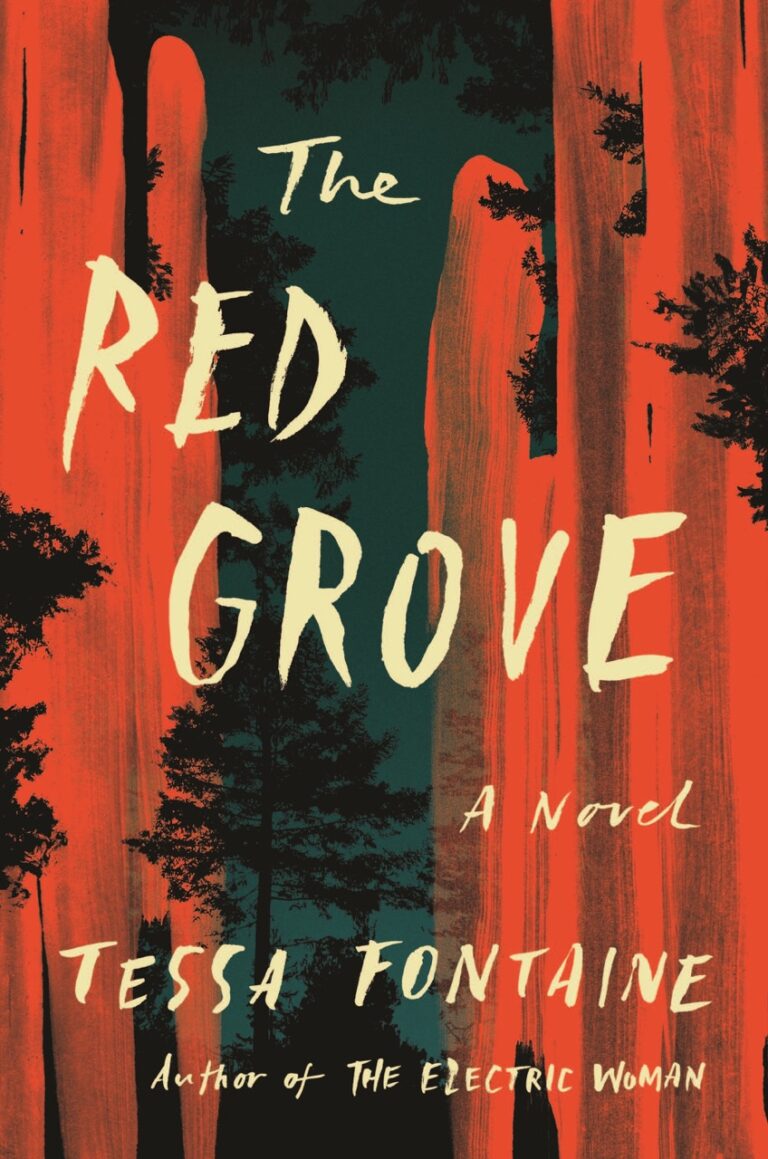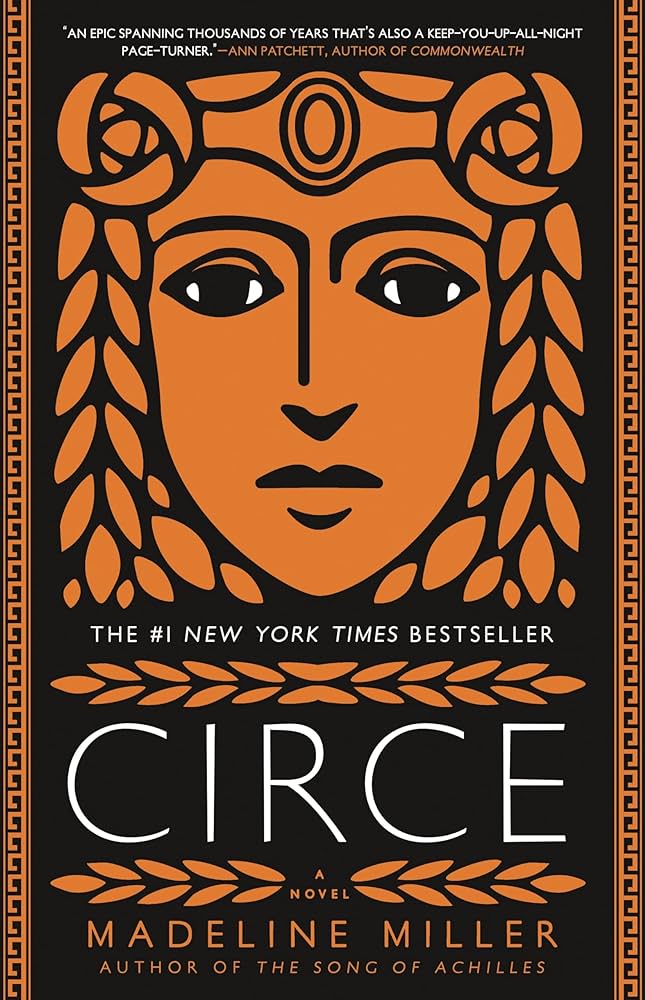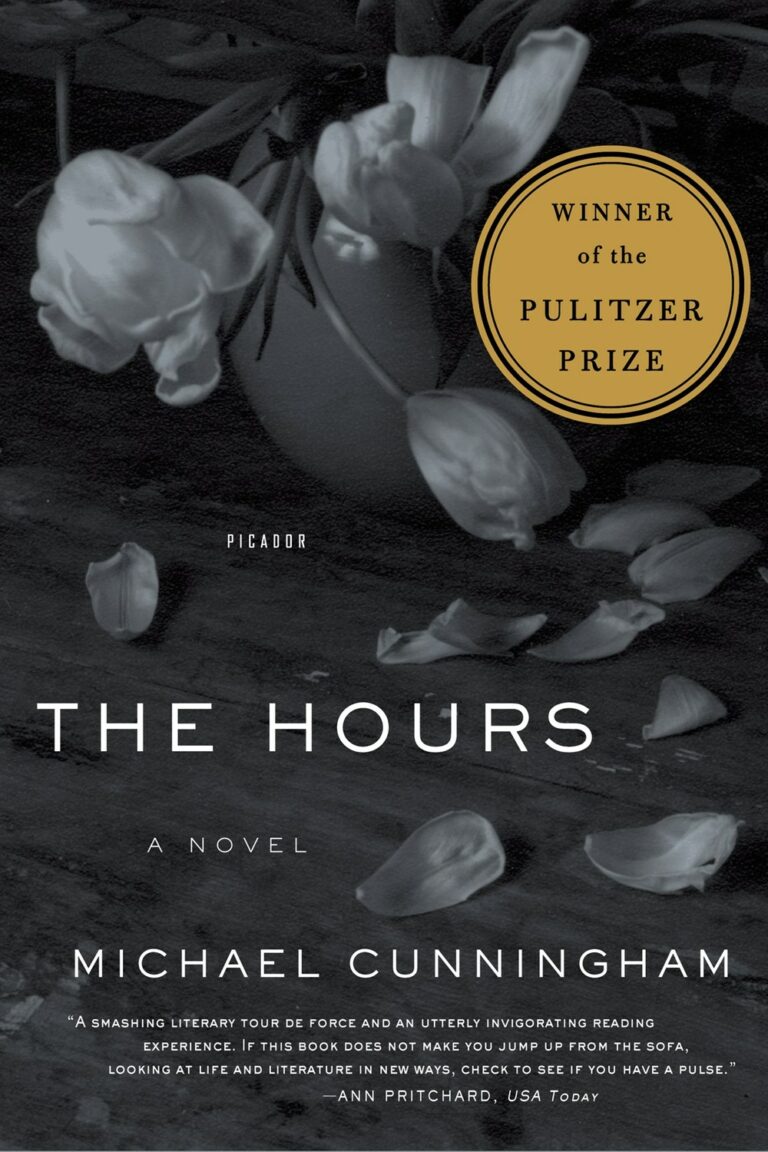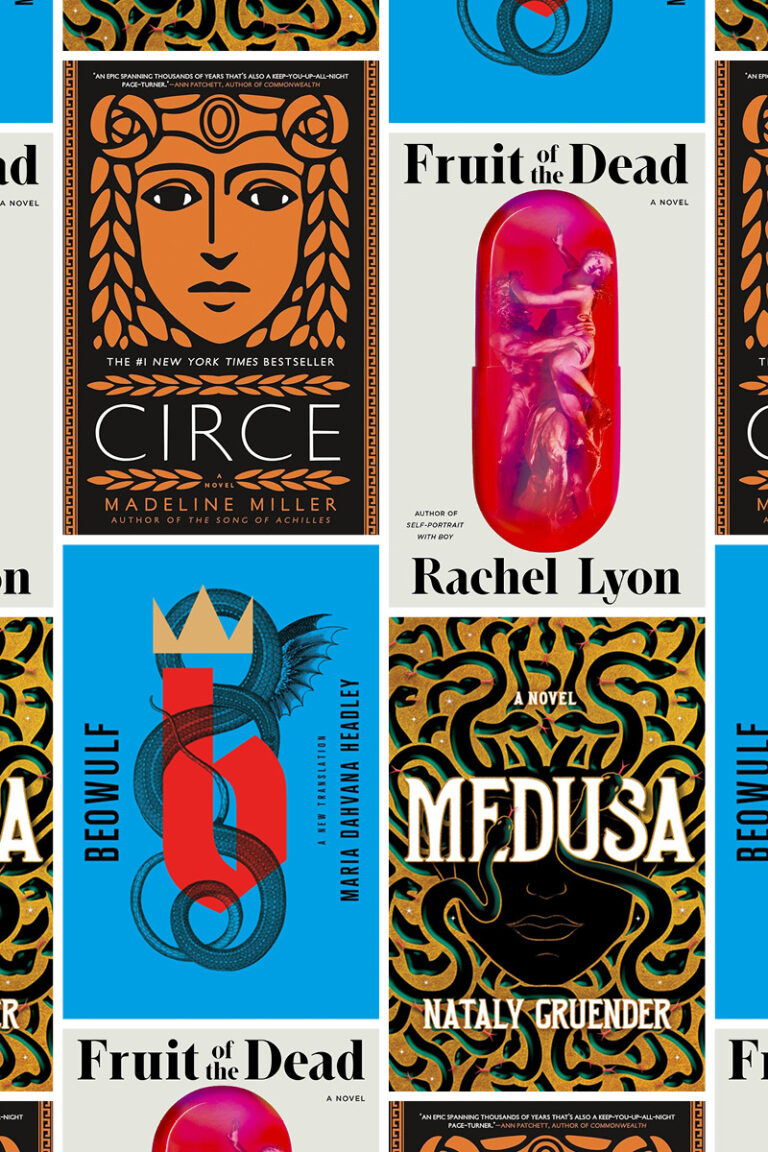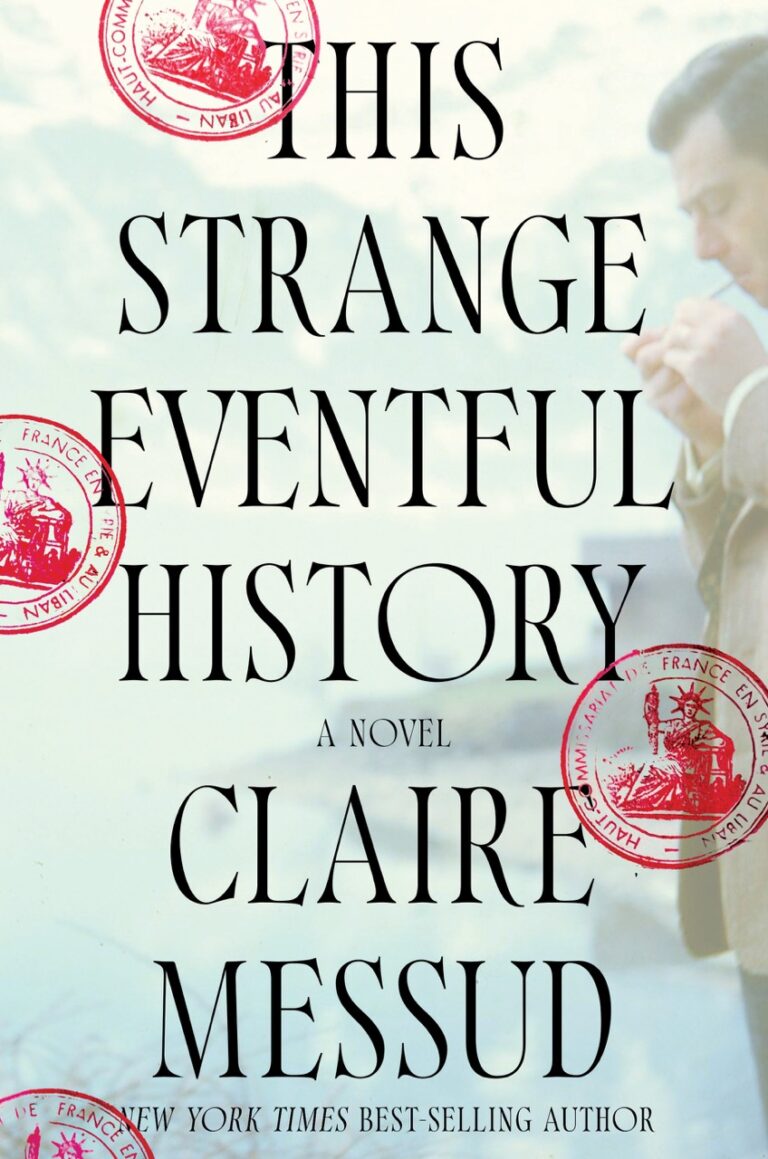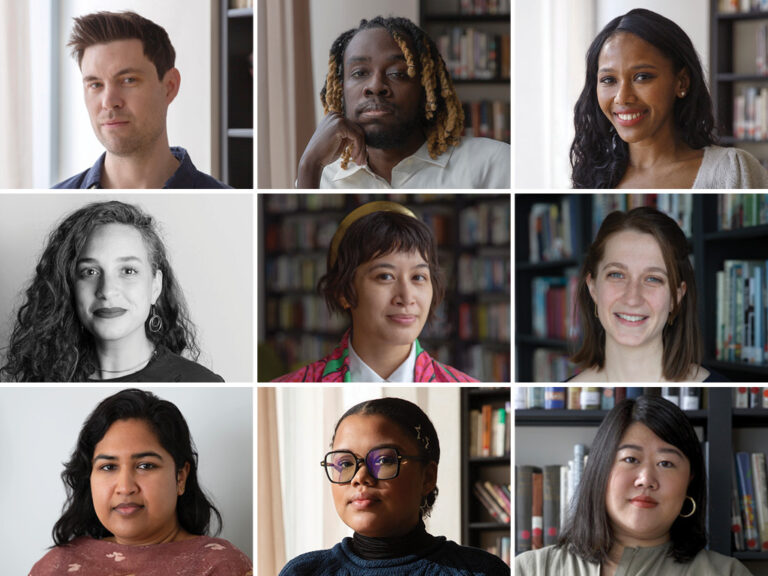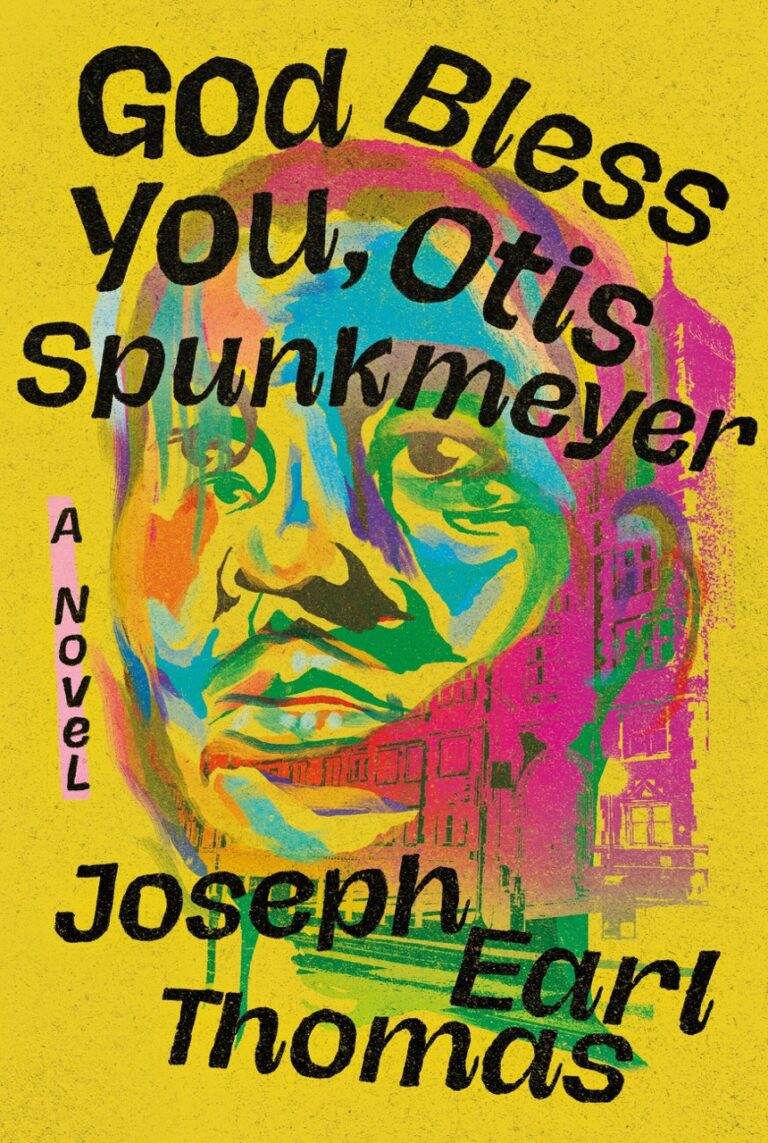On America
On America: Randall Kennedy on Nigger: The Strange Career of a Troublesome Word with Erroll McDonald and Annette Gordon-Reed
Tuesday, 7:00 pm EDT February 1, 2022
Online via Zoom
In honor of the publication of the twentieth anniversary edition, join this distinguished panel for a discussion on Randall Kennedy’s fascinating and urgent book Nigger: The Strange Career of a Troublesome Word, which features a new introduction by the author. Kennedy, a legal scholar, unpacks “the nuclear bomb of racial epithets” and its storied history of use from the Jim Crow south to Netflix comedy specials. How should society engage with this word? Should books like Huckleberry Finn stay on the shelves? Vice President and Executive Editor at Penguin Random House and Chair of The Center for Fiction Board of Directors Erroll McDonald and Pulitzer Prize-winning historian Annette Gordon-Reed join Kennedy for this riveting discussion on identity, history, and racial justice as Black History Month commences.
Thank you for supporting our nonprofit-run indie bookstore! Your purchase will help support our KidsRead programs for NYC Public Schools, Emerging Writer Fellowships, and public programming. Books purchased for events will begin shipping out the day after the event, unless otherwise noted. Please allow 1-3 weeks for your book(s) to arrive. Thank you for your patience.
If you have any questions about a shipment, send a note to our bookstore staff at [email protected].
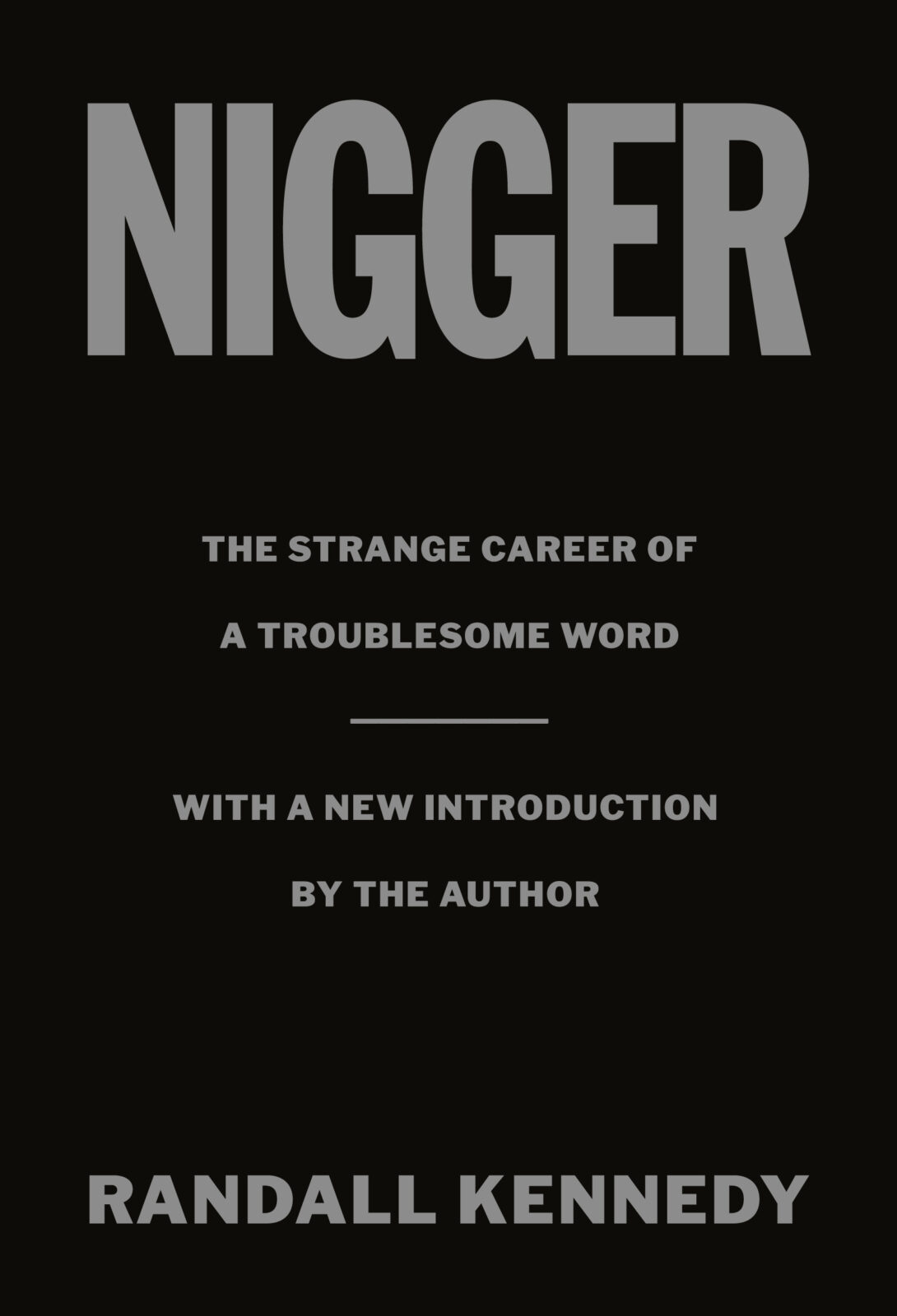
In Conversation
-
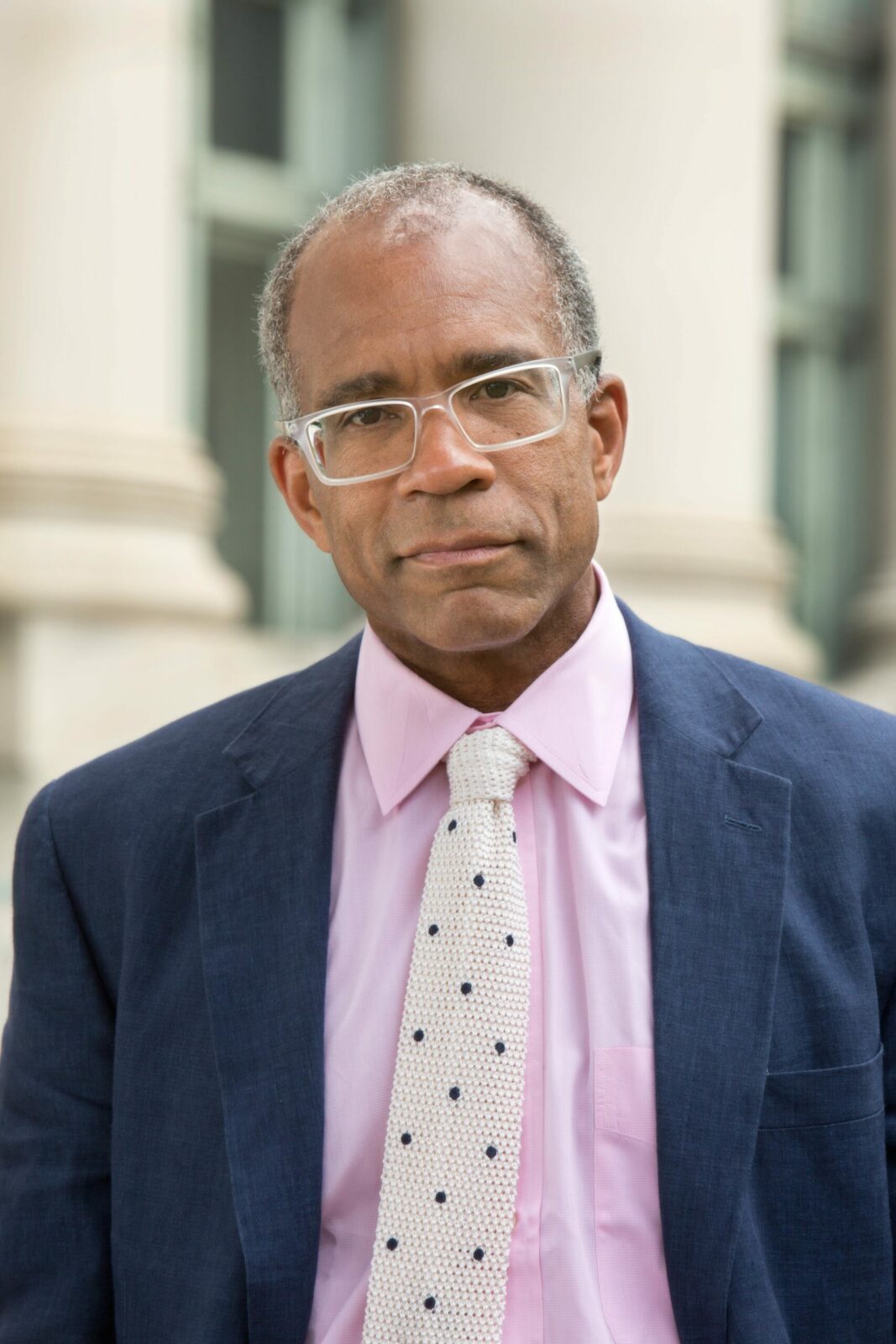
Randall Kennedy
Randall Kennedy
Randall Kennedy is the Michael R. Klein Professor at Harvard Law School, where he teaches courses on contracts, criminal law, and the regulation of race relations. He is a member of the bar of the District of Columbia, the American Law Institute, and the American Academy of Arts and Sciences. He is the author of seven books and lives in Deham, Massachusetts.
-
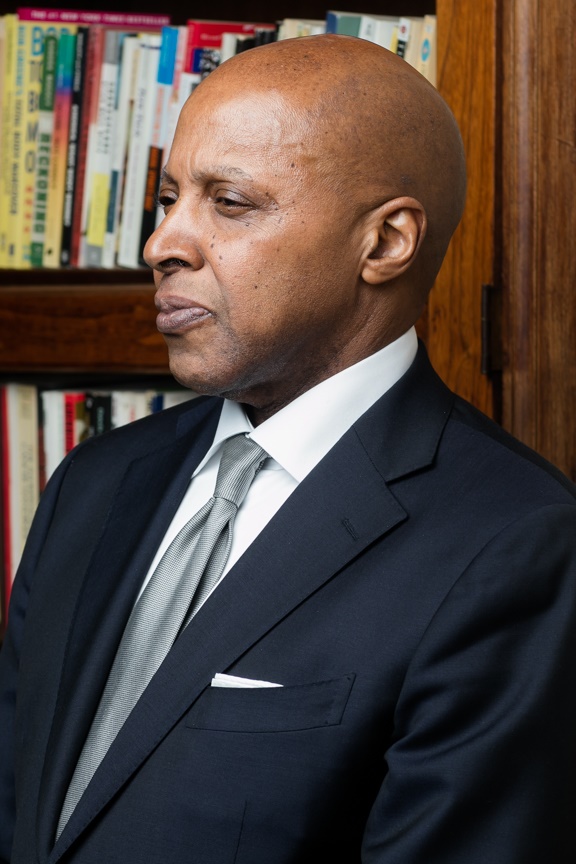
Erroll McDonald
Erroll McDonald
Erroll McDonald is a Vice President, Executive Editor in the Knopf Doubleday Publishing Group of Penguin Random House. Among the authors he has edited and published are: James Baldwin, Romare Bearden, Italo Calvino, Sandra Cisneros, Stanley Crouch, Friedrich Durenmatt, Marjorie Garber, Henry Louis Gates, Jr., Michael R. Gordon, Alan Hollinghurst, Simon Johnson, Kazuo Ishiguro, Margo Jefferson, Randall Kennedy, Klaus Kinski, Laila Lalami, Fran Lebowitz, Arthur Levitt, Daniel E. Lieberman, David Malouf, Wangari Matthai, Timothy Mo, Toni Morrison, Kary Mullis, Albert Murray, Bao Nihn, Ngugi wa Thiongo, Juan Carlos Onetti, Pier Paolo Pasolini, Richard Posner, V.S. Pritchett, Manuel Puig, Salman Rushdie, Luc Sante, President Nicolas Sarkozy, Chancellor Helmut Schmidt, Wole Soyinka, Colm Toibin, Robert Farris Thompson, and John Edgar Wideman.
Erroll McDonald was born in Limon, Costa Rica. He graduated from Yale College summa cum laude with a Bachelor of Arts degree in English with Distinction, and membership in Phi Beta Kappa. He was for two years a Fellow in the Department of Comparative Literature of the Yale Graduate School. He holds an MBA from the Columbia University Graduate School of Business. He has been a lecturer at Yale and is an adjunct professor at Columbia. A former trustee of PEN America, he lives in New York City and Goshen, Connecticut.
-
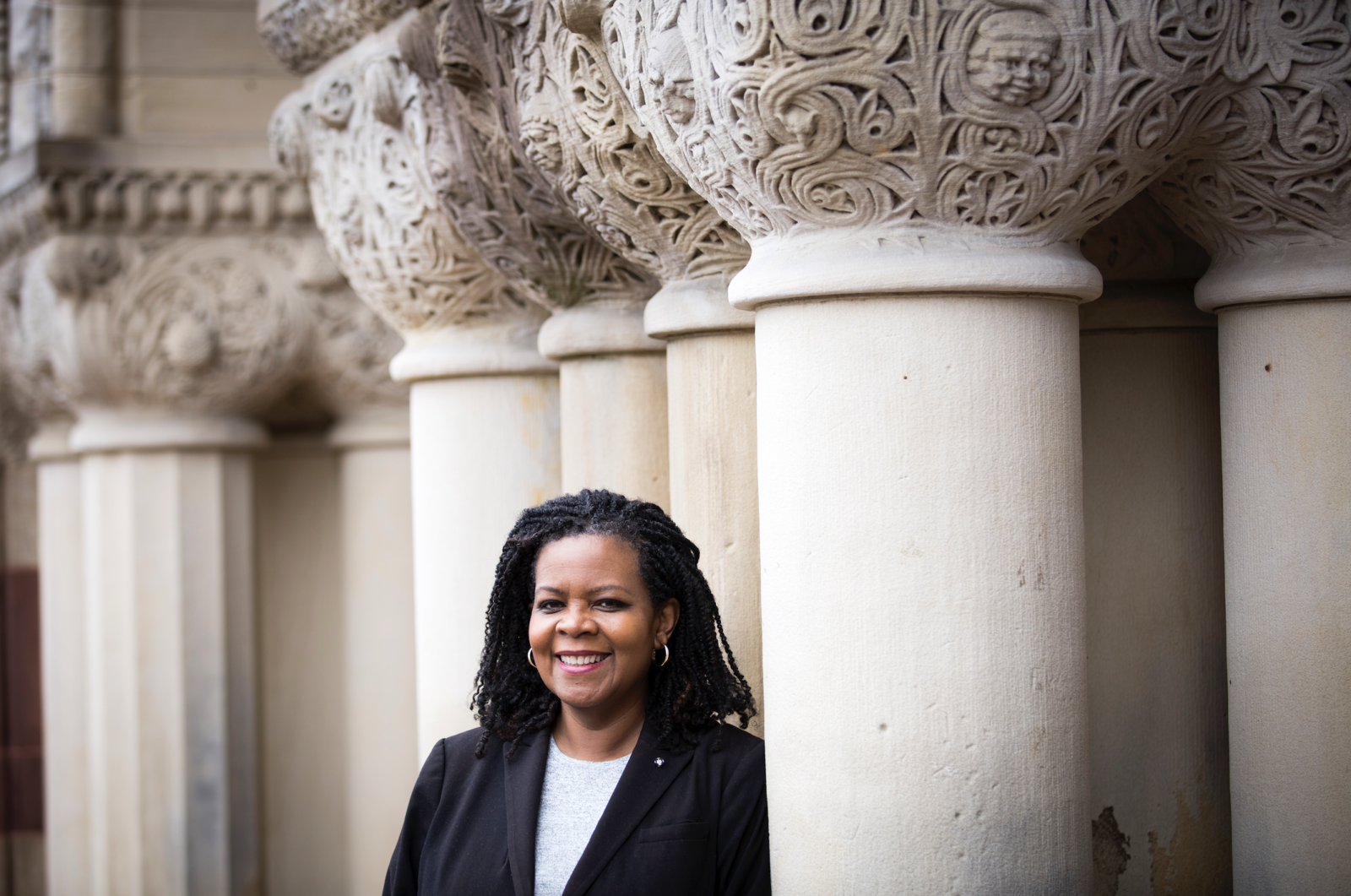
Annette Gordon-Reed
Annette Gordon-Reed
Annette Gordon-Reed is the Carl M. Loeb University Professor at Harvard University. Gordon-Reed won sixteen book prizes, including the Pulitzer Prize and the National Book Award, for The Hemingses of Monticello: An American Family (2008). She is the author of six books, and editor of two. She was the Vyvyan Harmsworth Visiting Professor of American History at the University of Oxford (Queen’s College) 2014-2015, and was appointed an Honorary Fellow at Queen’s in 2021. Gordon-Reed served as the 2018-2019 President of the Society for Historians of the Early American Republic, and is currently president of the Ames Foundation. Her honors include fellowships from the Guggenheim and MacArthur Foundations, and the National Humanities Medal. She is a fellow of the American Academy of Arts and Sciences, the American Philosophical Society, and the British Academy.
Featured Book
-
.
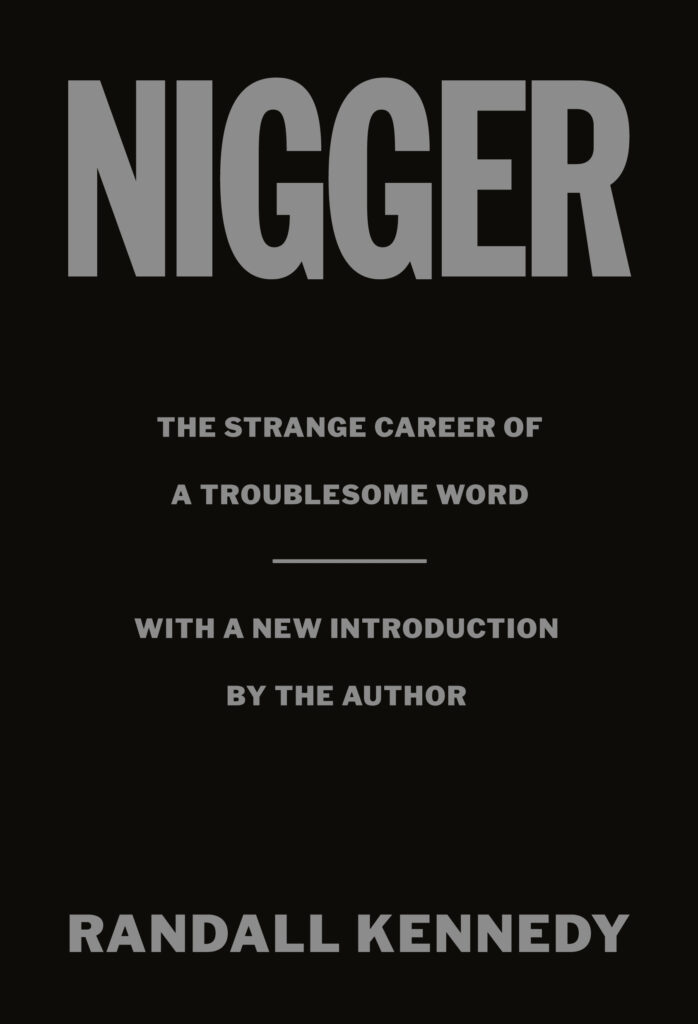
Nigger: The Strange Career of a Troublesome Word
By Randall Kennedy
Published by Pantheon
The twentieth anniversary edition of one of the most controversial books ever published on race and language is now more relevant than ever in this season of racial reckoning.
In addition to a brave and bracing inquiry into the origins, uses, and impact of the infamous word, this edition features an extensive new introduction that addresses major developments in its evolution during the last two decades of its vexed history.
In the new introduction to his classic work, Kennedy questions the claim that “nigger” is the most tabooed term in the American language, faced with the implacable prevalence of its old-fashioned anti-Black sense. “Nigger” continues to be part of the loud soundtrack of the worst instances of racial aggression in American life—racially motivated assaults and murders, arson, intentional infliction of emotional distress, and workplace harassment.
Consider this: twenty years ago, Kennedy wrote that any major politician credibly accused of using “nigger” would be immediately abandoned and ostracized. He was wrong. Donald Trump, former POTUS himself, was credibly charged, and the allegation caused little more than a yawn. No one doubted the accuracy of the claim but amidst all his other racist acts his “nigger-baiting” no longer seemed shocking. “Nigger” is still very much alive and all too widely accepted.
On the other hand, Kennedy is concerned to address the many episodes in which people have been punished for quoting, enunciating, or saying “nigger” in circumstances that should have made it clear that the speakers were doing nothing wrong—or at least nothing sufficiently wrong to merit the extent of the denunciation they suffered.
He discusses, for example, the inquisition of Bill Maher (and his pathetic apology) and the (white) teachers who have been disciplined for reading out loud texts that contain “nigger.” He argues that in assessing these controversies, we ought to be more careful about the use/mention distinction: menacingly calling someone a “nigger” is wholly different than quoting a sentence from a text by James Baldwin or Toni Morrison or Flannery O’Connor or Mark Twain.
Kennedy argues against the proposition that different rules should apply depending upon the race of the speaker of “nigger,” offering stunningly commonsensical reasons for abjuring the erection of such boundaries.
He concludes by venturing a forecast about the likely status of “nigger” in American culture during the next twenty years when we will see the clear ascendance of a so-called “minority majority” body politic—which term itself is redolent of white supremacy.
About this series
On America
Our On America series brings writers, journalists, activists, and change-makers together to reflect on the critical issues of our times. Who are we and who are we becoming? How do the stories we tell shape who we are as a nation? Will we rise to the challenges we face?

